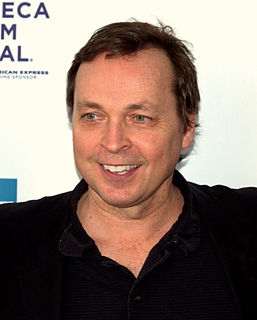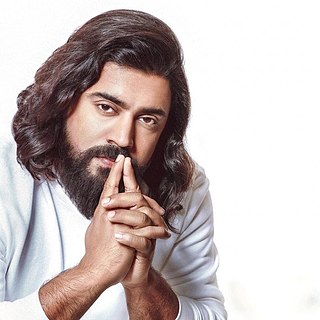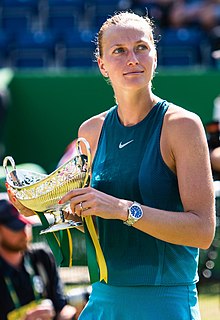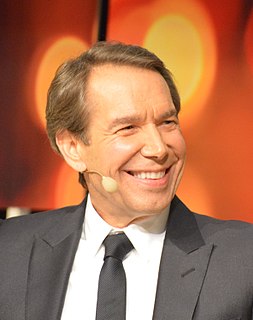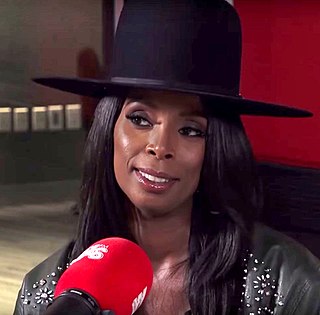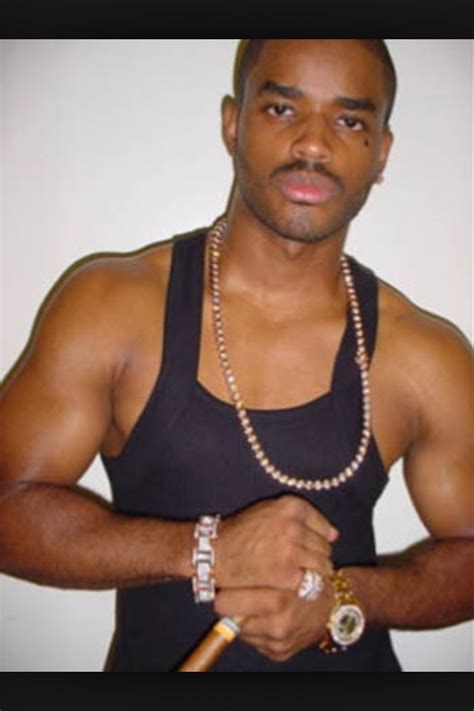A Quote by David Duchovny
In terms of likeability, that's something that I don't think about as an actor when I approach a role.
Related Quotes
When you go for something because you're curious about it, you get psyched up about the chance of getting into it. It's like an actor meets a role, and you slip into that body and see what happens, to experience certain conditions, to adopt a certain character. Even shooting is a study of the character. I think both the character and the actor, and eventually the filmmaker - myself - are finding a way to accept their environment and being accepted and feel comfortable of themselves.
There's something about us using the word fascism and thinking about, "What is it? What does it mean, and what are the tenets of it?" I've been thinking a lot about folks denying what has happened in history, or just not acknowledging it. I think there's something that's fascist, and something that I think we could probably learn from, in terms of the energy in the world right now.
As a director, I have to do everything. As an actor, I'm just worried about one role, that's it. As a director, everything is important. Everything is something you have to be very detailed and specific about in telling a story. So for me, the job is far greater than just being the actor, there's a lot more responsibility creatively, technically.




